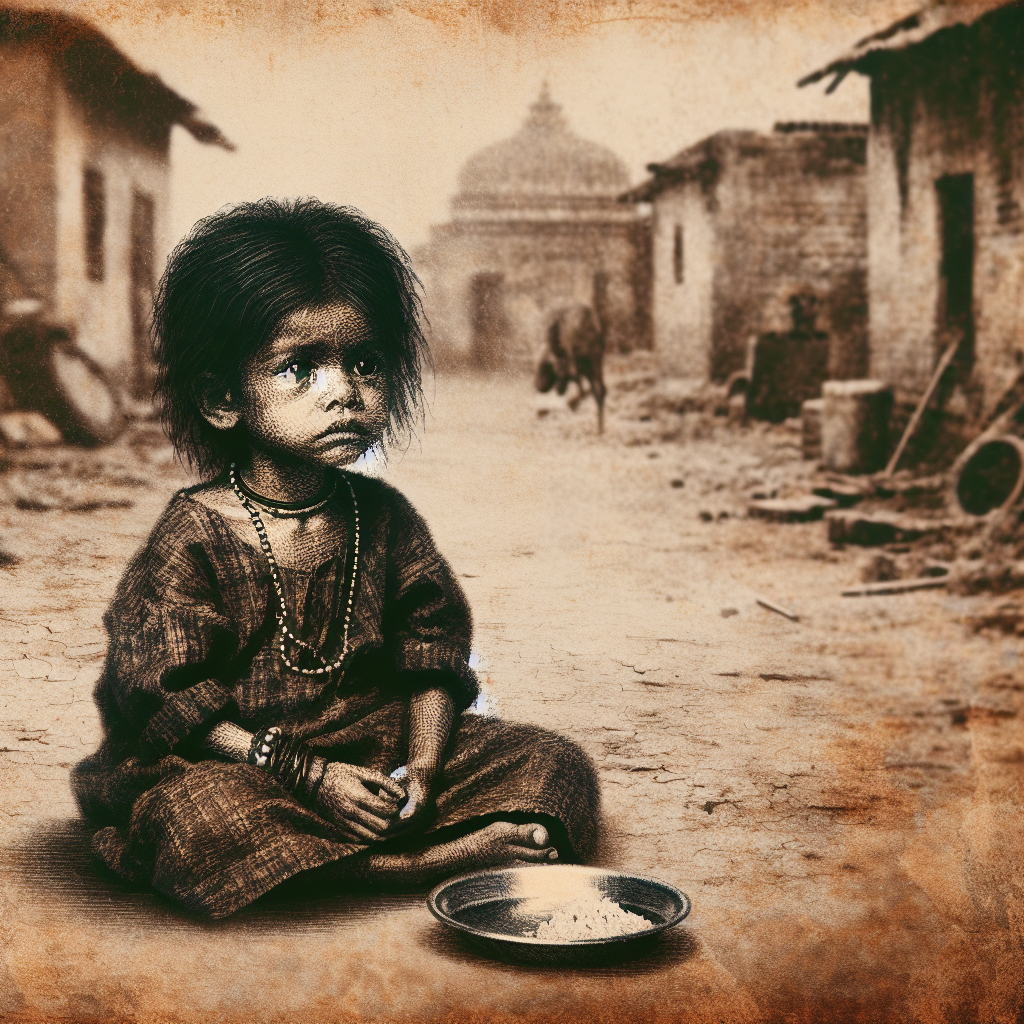Silent Shadows: The Lingering Impact of Childhood Malnutrition
Amid ongoing food crises, a surge in aid to Gaza offers a temporary reprieve for the malnourished, especially children. Despite immediate interventions, long-term health issues persist for those affected, highlighting the global implications of childhood malnutrition in regions like Gaza, Haiti, and Sudan.

A surge in aid to the Gaza Strip following the truce between Israel and Hamas aims to alleviate the severe food emergency that has long plagued the war-torn territory, particularly its children. However, despite the anticipated relief, the prolonged hunger may have a lasting impact on their health for many years to come.
The United Nations estimates that more than 60,000 children in Gaza will require treatment for acute malnutrition by 2025. The implications of childhood malnutrition, including stunted growth and an increased risk of diseases in later life, are of urgent global concern as similar crises afflict regions from Haiti to Afghanistan to Sudan.
Experts warn the damage caused by childhood hunger extends beyond the immediate crisis. Prolonged malnutrition can lead to cognitive and physical deficiencies, threatening entire generations. Despite potential interventions, enduring poverty and conflict make comprehensive recovery challenging, emphasizing the need for sustained global attention and resources.
(With inputs from agencies.)
ALSO READ
Global Health News: Innovations, Challenges, and Legal Battles
India's Medical Value Travel: A Global Healthcare Odyssey
Shubman Gill Headlines Bowlers Champion as APS Makes a Strategic Play in Performance Pet Nutrition
I am confident that India will gain prestige as global healthcare destination: President Droupadi Murmu in Mumbai.
President Murmu Advocates Global Health Mission at Hinduja Hospital Event










